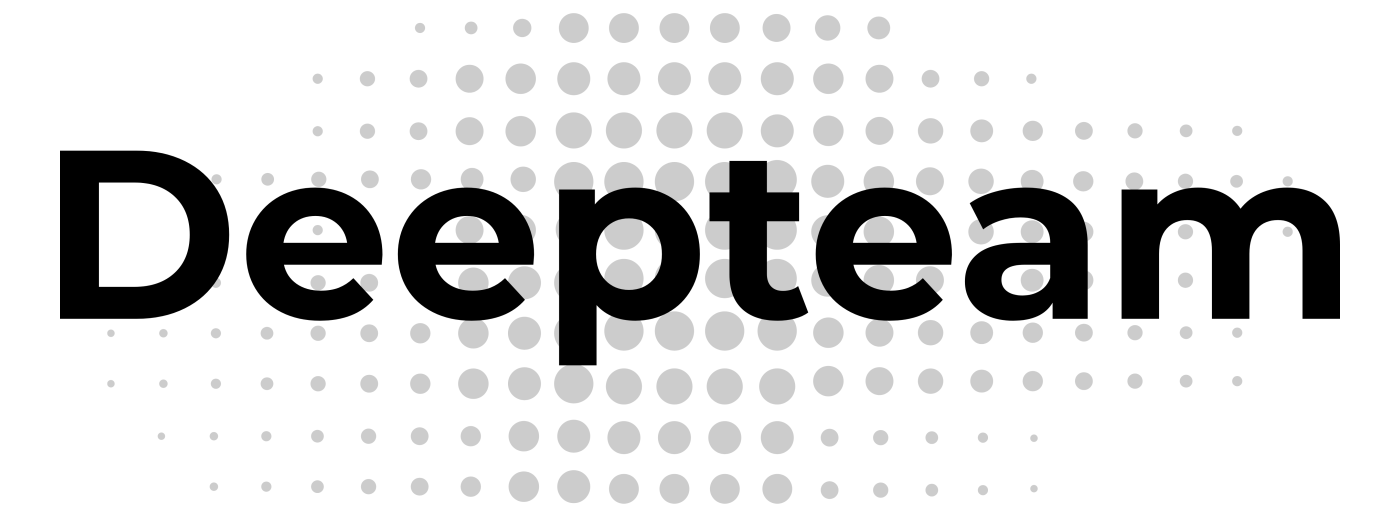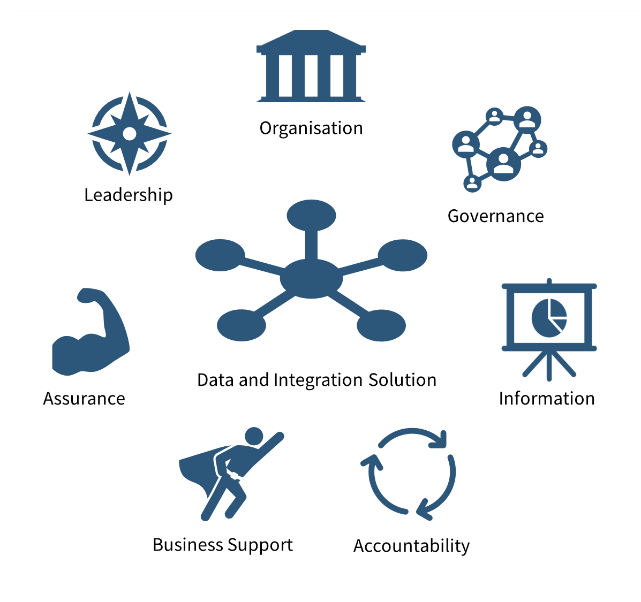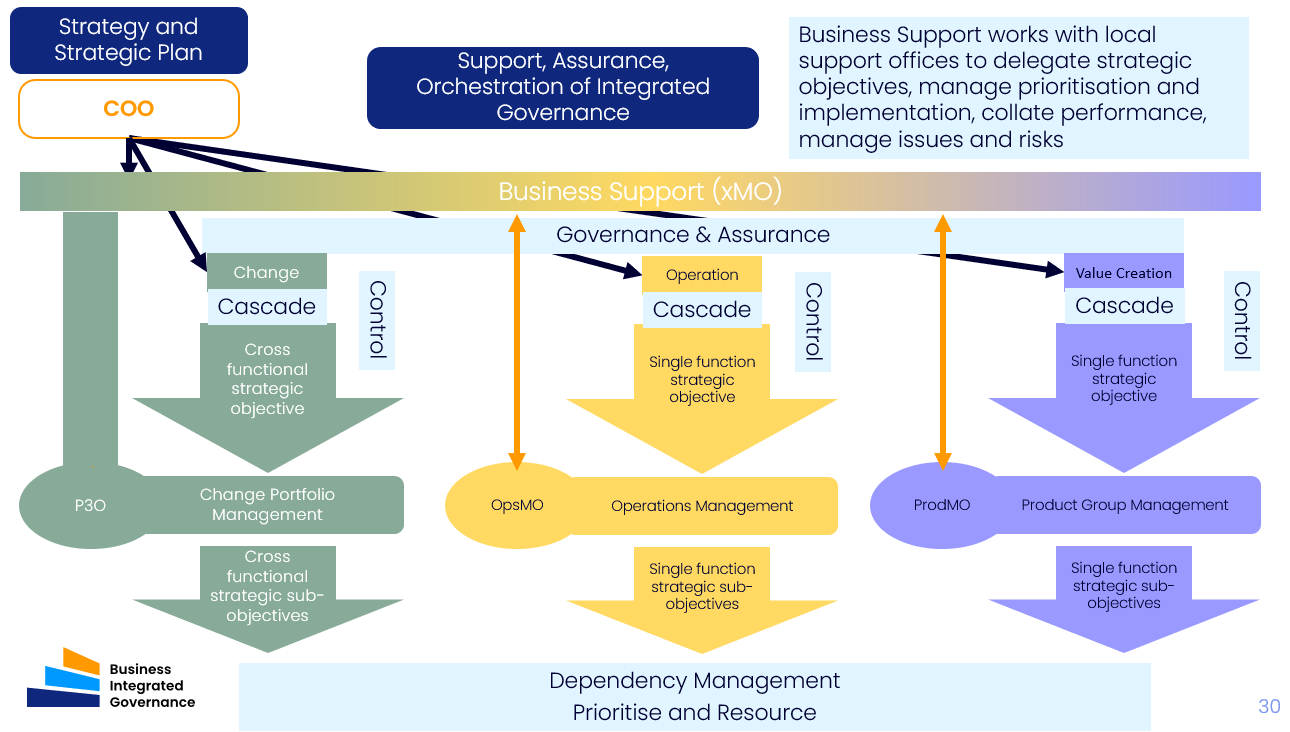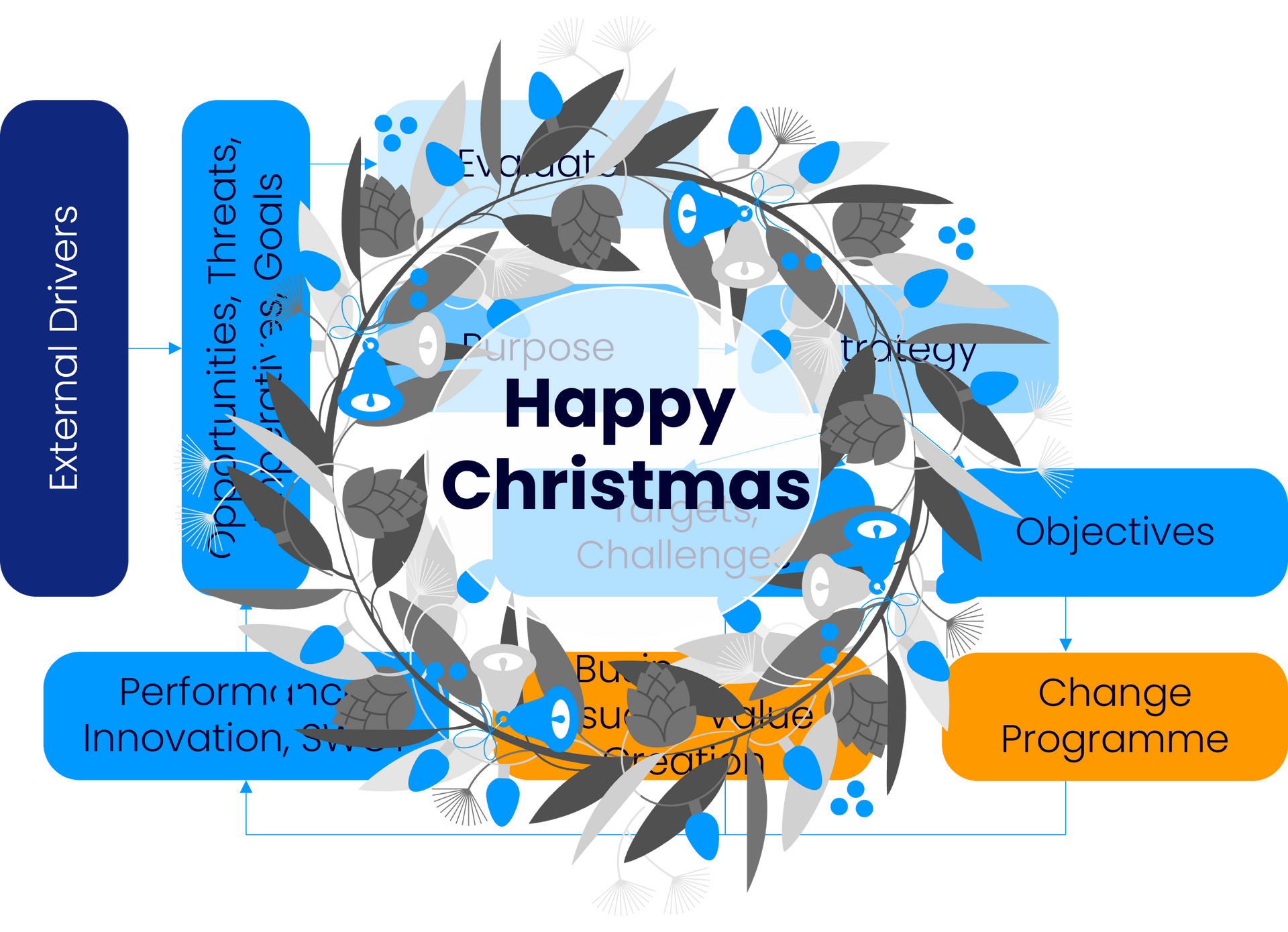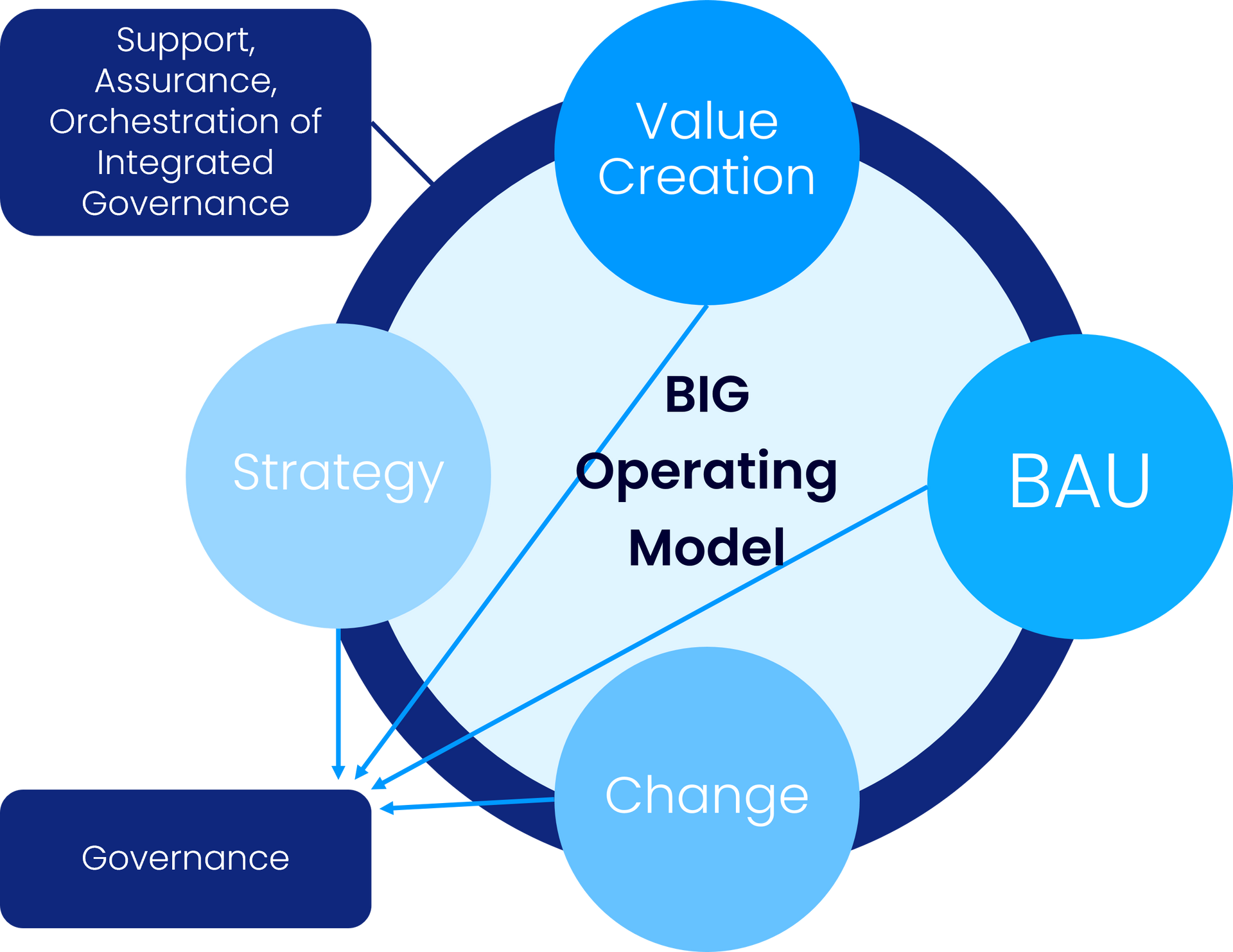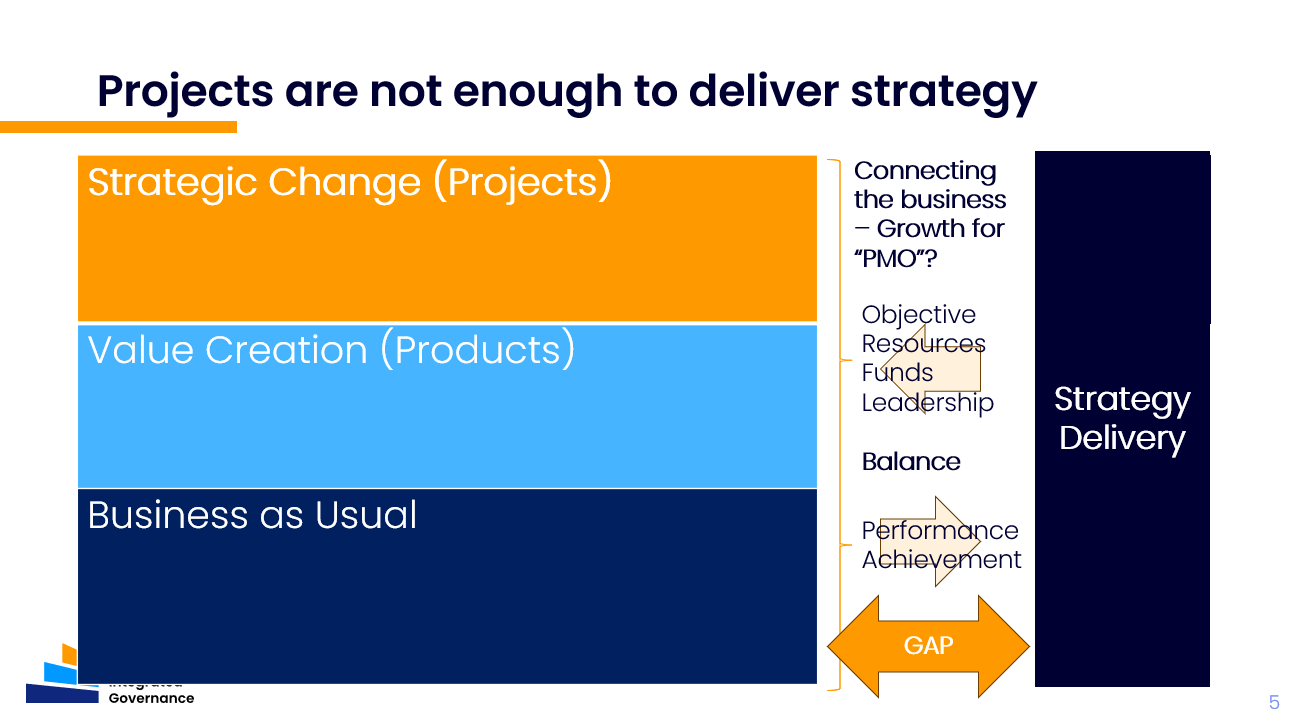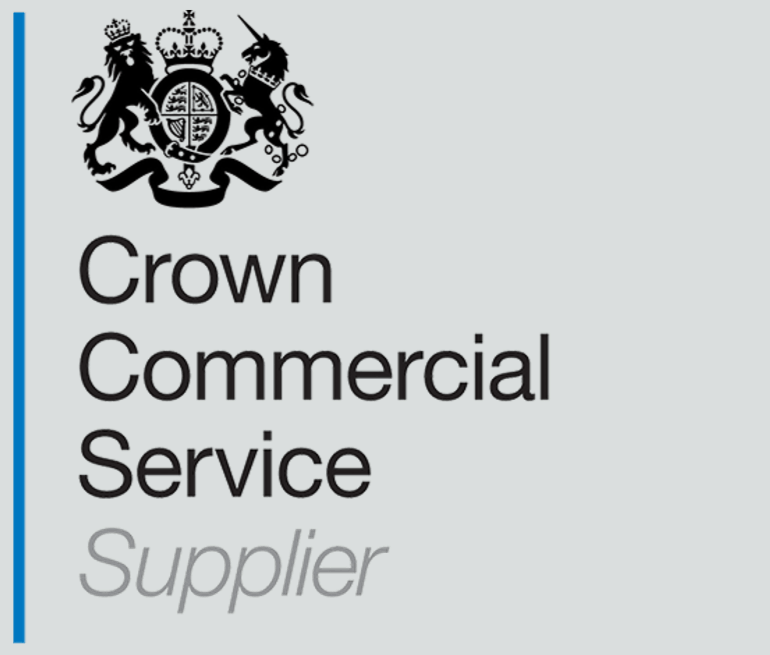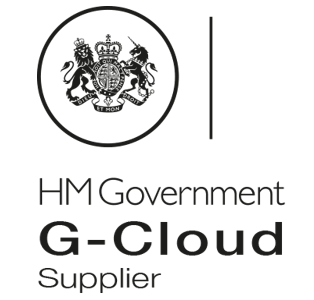CxO - Pilot or Rear Gunner?
CxO - Pilot or Reargunner?

Enabling insightful and forward-looking data and information
Many organisations have a strategy (some do not) and attempt to plot a course to implement that strategy successfully. But how many CxOs and the Board truthfully know how well they are doing and whether they will achieve the outcomes sought? Does the rest of the organisation understand the strategic imperatives, the key projects, the overall roadmap and the success factors? And when things in the market or environment change, do you as CxO, have confidence in the progress and ultimate outcome? Or are you shocked when sub-optimal outcomes present themselves or you are left clearing up a mess after the event? The concept of Business Integrated Governance (BIG) can help you achieve strategic outcomes with confidence and control – being the pilot rather than the rear gunner.
Successful outcomes of change projects, and ultimately strategy, relies on insightful data and forward-looking information, accountable active and effective individuals, an organisational culture that supports effective sponsorship that, in turn, relies on Boards creating the right culture, ethics and leadership tone to support effective implementation.
Board members (including CxOs) have two crucial roles in the governance of change and achieving strategic objectives:
- as the Board collectively and as the apex of governance, to create the right culture, ethics and leadership tone and foster the capability for effective implementation. In addition, to delegate to and hold sponsors to account for their project success (the outcome).
- individually to undertake the role of the sponsor on specific programmes and projects to ensure a successful outcome, benefits realisation and value add to the organisation in line with strategic objectives.
BIG pulls together several essential ingredients to provide organisations with the opportunity to ensure successful strategy achievement with confidence and control. It provides an integrated response covering the following components:
So, by example let’s take just one component, Accountability. In simple terms the Board is accountable to the owner or shareholders for successful outcome of the overall organisational strategy, which is usually broken down into individual programmes or projects for implementation. The Board can delegate responsibility for delivery of individual programme or projects to an accountable executive, the sponsor (and effectively lend the sponsor corporate funds to invest and provide a successful outcome). So, the sponsor is accountable to the Board for the successful outcome of the project or programme (and passes on the funds – the budget - to the Project Manager to deliver a successful output or result).
Projects often don’t meet their outcome objectives and the reasons for failure are evident early in the project. Why wasn’t the sponsor helped and challenged so they could understand and face their responsibilities to avoid failure? And why didn’t the organisational board hold the sponsor to account? Too many times, neither the board nor sponsor understand their respective responsibilities and good governance principles go by the wayside.
Some of the issues that get in the way of effectively holding sponsors to account include:
- The business case was developed primarily to gain funding – and then hidden or forgotten
- Confusion over who the sponsor is. The expectations for the role are not made clear nor personal performance criteria set and agreed
- Vision and success criteria being unclear so different people assume what these are. Often time, cost and quality are the default criteria, which are output focused
- Board reports being voluminous and too focused on (historical) delivery progress rather than (forward-looking) outcome or predicted benefits; the sponsor just forwards the project manager (delivery) progress summary
- Individual performance incentives not aligned with project success criteria
- The organisation not supporting good project governance or practice
- Too little time devoted to key project (strategic) performance at board meetings
- Sponsors not staying in role for the duration of a project thereby avoiding accountability for the project outcome and / or formal processes for a proper handover of responsibility not carried out.
- Reverting to prioritising BAU problem solving comfort zone instead of pushing the strategic change
BIG provides a comprehensive and coherent framework for mapping out accountabilities and ensuring they are correctly allocated. It also enables the appropriate insightful and forward-looking data and information customised separately for the Sponsor role and Board (and any other governance roles) to ensure Boards and the CxOs are ‘pilot’ looking forward rather than rear gunner looking backward.
For more information on this and other components of BIG and how you can achieve strategic outcomes with confidence and control, visit www.deepteam.co.uk
